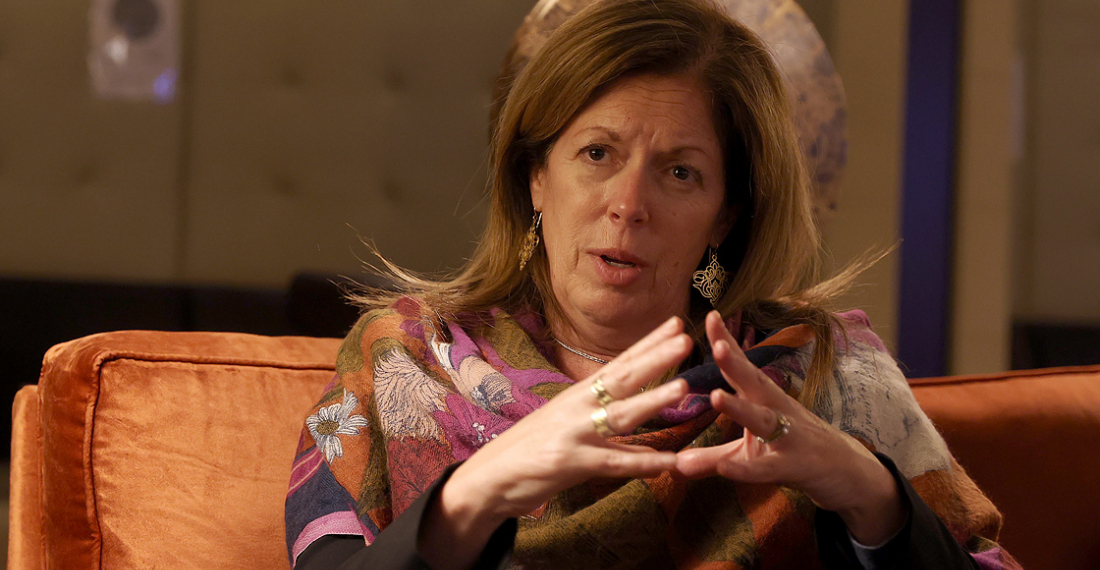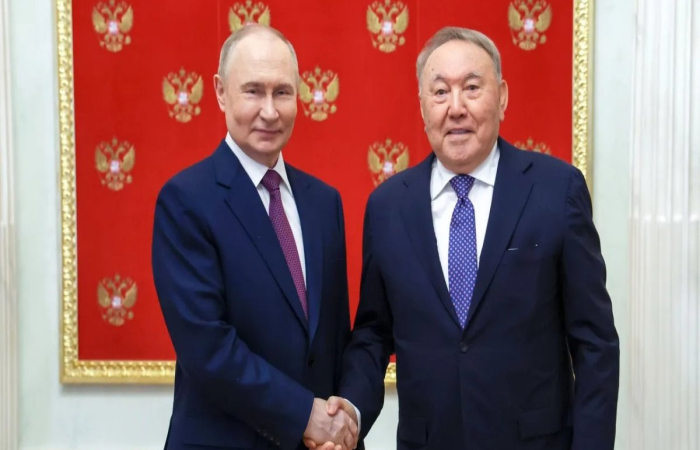After ending the year with chaos and uncertainty, Libya political factions disagreed over elections rules which left no time for candidates to campaign. The inevitable result was the postponement of elections originally scheduled for 24 December 2021. It is now expected that elections be pushed towards a June 2022 deadline with no official date set yet.
UN's special adviser on Libya, Stephanie Williams said last week that it is still "very reasonable and possible" for the country's 2.8 million voters to cast their ballots by June in line with the UN-brokered 2020 roadmap.
The country’s inability to hold its first-ever presidential election came as a surprise for many international actors and institutions who have put tremendous efforts into pushing parties towards elections. However, with candidacy disputes and other electoral disagreements, it was wishful thinking that Libya can hold elections within a year of establishing a unity transitional government.
"All the institutions are suffering a crisis of legitimacy," Williams added. "I don't see any other exit for Libya other than a peaceful political process."
The UN is now pushing for lawmakers to propose a clear and time-bound roadmap towards the elections. The Italian Nova.news commented that the House of Representatives (Parliament), based in Tobruk, should come with the roadmap by next week with three main paths: constitutional path, national reconciliation and the question of a new government. The news source added that elections will likely depend on a mix of these three factors and the geopolitical context.
Source: commonspace.eu with africanews (Lyon) ad Nova.news (Roma).
Picture: UN's special adviser on Libya, Stephanie Williams; Source: Social media.






